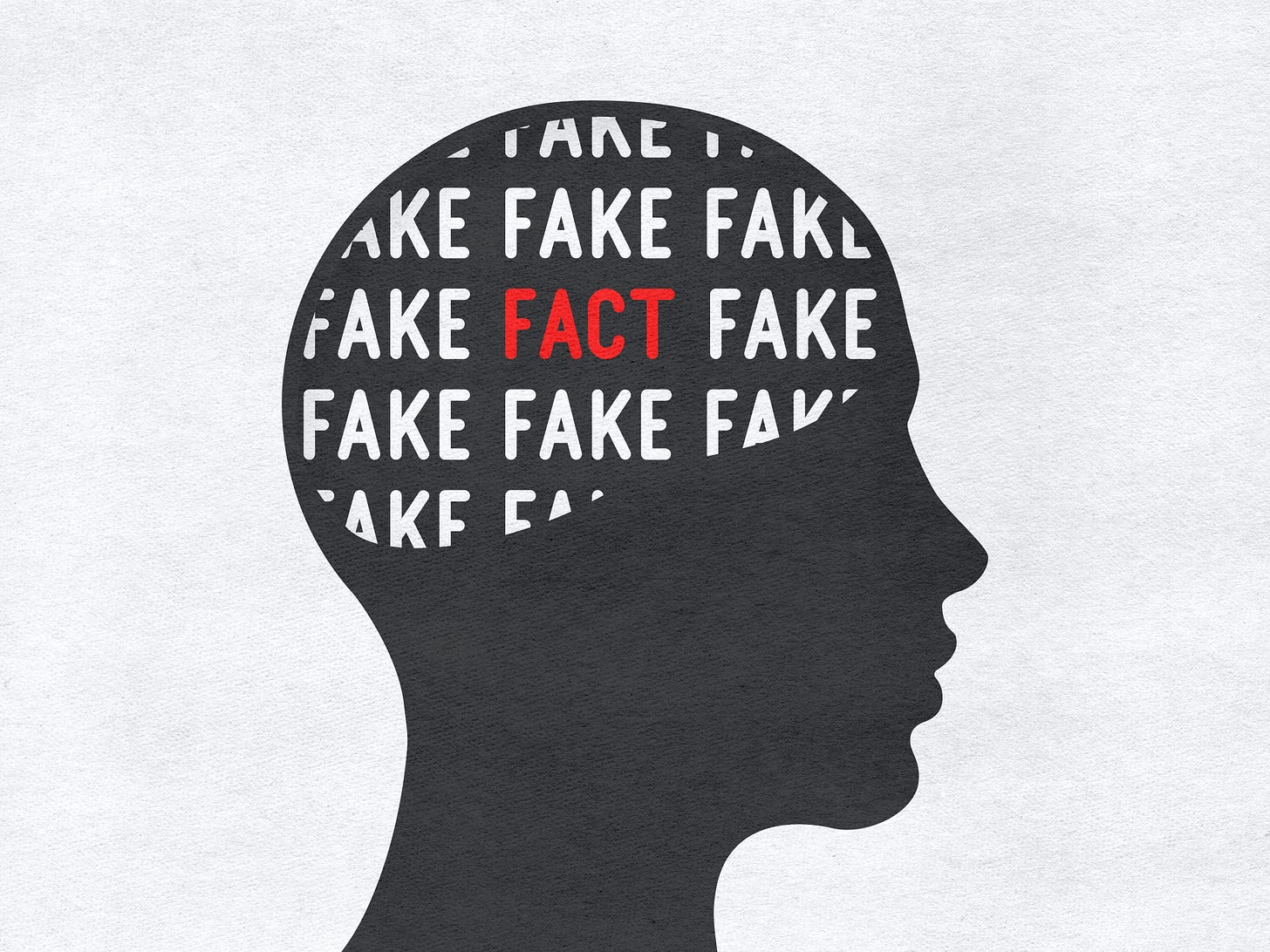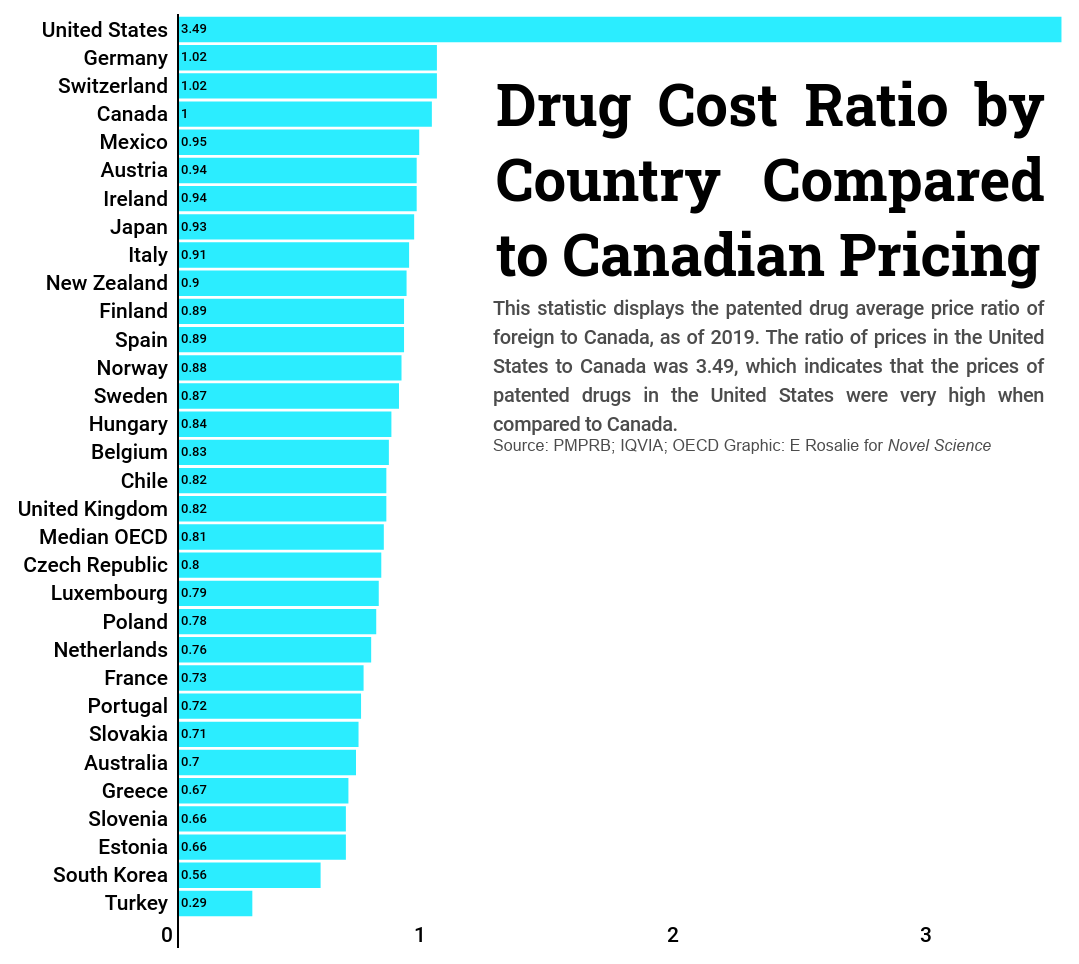Theories About Vaccines Empoisoning the World Thrive on What Believers Don't Know
Why do I assume I know what the believers don't? Neither “big pharma” nor governments benefit from the general population being sick or dying. On the contrary, it's economically devastating.
Not a day goes by that someone doesn’t send me an article about yet another “Covid vaccine death.” I know people mean well. They just want the truth. Had I studied something else, I too would feel the draw of some of these compelling narratives that play on the fears in the back of our minds. Aware of that and for people who want answers, I simply lay out how people in science, government, journalism, and research know the claims are false.
Conspiracy theories thrive on what people do not know.
If the vaccines are harming people, that would be the number one concern of people in medicine, research, and public health. Neither “big pharma” nor governments benefit from the general population being sick or dying, despite claims. On the contrary, it’s economically devastating.
This is distinct from the well-established fact that pharmaceutical industries do seek to profit off of existing sickness, especially in the United States. That is largely not true or even legal elsewhere. To go from that fact to a global conspiracy would be like saying funeral directors make money when people die, so people dying is a conspiracy by morticians who wish to make money.
The theory operates on the premise that a sick world would make money. It wouldn’t. Governments cooperating would be agreeing to certain economic decline and loss of global standing. How do I know? Well, it’s my job as an interdisciplinary public health scholar to know how diseases affect society, just as I’m sure every reader has something about which it is their job to know.
We call diseases that often benefit from organizations like the Gates Foundation diseases of poverty.
They’ve also been called neglected diseases. These diseases are neglected in part because it's hard to find funding for costly studies when you know from the start it's not going to make money.
It’s a sad reality for public health researchers who often struggle to generate concern for these marginalized groups. Sick people have trouble earning a living, they may have long-term complications and expenses. Often, they cannot work.
Developing nations stay developing because of sickness.
Without a winter, mosquitos, bats, and other disease-spreading agents stay active and thrive year-round. While they thrive, they spread disease.
Think of a developed country—any country. Have a country in mind?
The country has a winter, doesn’t it? Western success may be far less tied to any exceptional quality (no we’re not special) and more related to the gift of a yearly reprieve from some of the most devastating tropical infectious diseases.
Nations with uncontrolled tropical infectious diseases have large numbers of the workforce sidelined reducing the overall GDP generated by the country. A stifled GDP makes the climb out of poverty one that is both steep and difficult to make alone.
Sick people are not cash cows.
Sick people die. Dead people don’t generate GDP, don’t pay taxes, and have fewer children, which further reduces a nation’s future potential. The children they did have are in for a rough life.
Children who miss school and grow up without parents are less likely to finish school or grow up to be healthy adults themselves.
Kids that are chronically ill in early life may lose some of their potential intelligence. They will be far more likely to have a chronic disease, which they won’t be able to treat if they remain impoverished. This is because as much as 83% of the fuel a baby eats in the form of milk goes to the brain.
A sick baby’s brain is deprived. It’s a lifelong consequence that hurts nations where children are continually sick.
Healthy working adults are any country’s greatest asset.
"A person’s health affects their social and economic outcomes. For children, healthy emotional, cognitive and physical development is important for good learning and educational outcomes, as well as for their ability to build supportive relationships in adult life."
The Nation's Health as an Asset
We are protected from the cruel reality that is a country mired in sickness—well until recently anyhow—in the West. It is this ignorance alone that allows such theories about scheming governments to take root. Conspiracy theories are a symptom of what the believers do not know.
When you’ve seen the tragedy that accompanies a nation mired in chronic sickness and infectious disease, the idea that an elite group is empoisoning the world for profit or control becomes so preposterous as to be laughable—the idea that it's profitable, not the suffering—or at least, it would be, if so many did not sincerely believe it.
Final Thought: Conspiracy theories can effectively socially manipulate people and it’s clear these have coordinated proponents behind them. The question is, who this particular narrative serves. Who benefits from discrediting science, tellers of truth, and casting doubt on our shared reality?
Withholding, filtering, and distorting pieces of information can all be effective strategies to garner support for the regime through excessive bias can undermine people’s trust in the information they receive.
—Thomas Braeuninger and Nikolay Marinov in Political Elites and the ‘War on Truth’
Further Reading:
Human Capital: The Greatest Asset of Economies on the Rise
The Nation's Health as an Asset
How Poverty and Sickness Are Inextricably Linked (suitable for school-age children)
Covid-19 Disinformation & Social Media Manipulation






